My Grade 7 year at Salmo Elementary School was a year of great highs and profound lows. I discovered music for the first time, real popularity, great embarrassment, and of course, girls. Well actually I discovered girls in Kindergarten. That was also the first year that I was involved in any kind of athletic endeavour. I was tall for my age, as were a few of my friends and so when the school formed a basketball team and we played against other elementary schools we dominated. When you have three kids who are almost 6 feet tall in grade 7 and the hoops are only 8 feet tall, it is a recipe for disaster for the other teams.

uh, this doesn’t seem very fair
I tried all sports that year as they came up on the calendar, too naïve to realize that most people aren’t good at everything. The sport that was probably the worst match for me physically and mentally was cross-country running. This didn’t stop me from joining the team, of course; any excuse to get out of school or do anything extracurricular was something I would gladly sign up for, even if it meant limping along, drenched in sweat, wanting to puke, while struggling to breathe. Wow, when I say it that way, it really says a lot about my feelings towards school at the time.

Hey, at least I’m not in math class.
Of course, as a big lumbering kid, I was hardly nimble enough or blessed with enough endurance to make my mark as a cross-country runner. I remember one particular race, however, one that has stuck with me for a variety of reasons. Something happened that day that I think illustrates very well the duality of our nature and highlights the importance of seeing things in the proper context.
It was an overcast, wet day and when the race began I began plodding along, quickly making my move towards my usual spot at the back of the pack. After completing a few laps of the route, I was running (and I acknowledge the very generous use of that term) alongside my good friend Garnet Miller when we came to a 90° turn in the track that was covered with fallen and decomposing leaves. This made for some slippery conditions but of course, at the pace we were moving, it was not much of a hazard.
However, one young runner from another school, in his determined effort to place well, went hurtling past us as we entered the turn. His feet planted on the wet leaves and his momentum caused him to lose his footing. As the leaves skated out from under him and he crashed to the ground injuring his hands, shoulder, head, and pride. Garnet and I, we were nice guys. I had won the citizenship award almost every year in my class throughout elementary school. Of course, the one year I didn’t win it, I didn’t take it well; perhaps this was a sign of things to come. But I digress.

but I AM THE NICEST KID IN THIS CLASS!!!! I HATE YOU!!!
On this particular occasion, Garnet and I stopped running, which was not a difficult thing to do since we were hardly blazing along, and helped our fallen comrade to his feet. Because of the seriousness of his injuries and the distance from the starting line and all of the adults, we felt that it would be important to stay with him and help him back to safety. We recognized that we had no hope of doing well in the race anyway so it was not a big sacrifice for us to essentially drop out. Thus, we supported our fellow runner physically and emotionally as we carried his weight and his spirits back to his coach.

… and it looked just like this
At that point, we continued on with the race although our chances of anything remotely resembling a respectable time were long gone. Garnet and I took the opportunity to have a good conversation about who knows what, probably astrophysics and life goals, but possibly girls. We walked and we jogged and somewhere along the line, we realized that we were the last two people who would be finishing the race. In a show of solidarity, and in a decision consistent with our noble actions from earlier in the race, we decided upon a pact that we would cross the finish line in last place together. We decided that that would be the fairest thing to do. I don’t remember who suggested this idea, but I have a bad feeling it was me. Why do I say bad feeling? I say that because of what I did next.
After we had agreed upon this finishing strategy, our conversation moved to other subjects. We began jogging as we reached the halfway point of the final lap it was here that my insecure, emotionally immature nature emerged, rather horrifically in my view. While jogging along step for step with Garnet, I decided that I did not want to come last. Of course, I didn’t let Garnet know this. Unless, of course, you consider my suddenly sprinting away from him towards the finish line without so much as a word a form of explanation. I was bigger and stronger than Garnet and this allowed me to be able to push harder at the end and finish in a glorious second-to-last place, leaving the ignominy of last overall to my good friend. I remember the look of betrayal on his face as we made eye contact following his finish. I could hardly look at him, I felt so ashamed.

Hey Ted, have you seen my knife anywhere?
What had motivated me to break my promise? How could I have been so self-centred and devious with one of my best friends? These questions haunted me for years. Granted, I didn’t lose much sleep over it, because I had developed the ability to store my emotions in little boxes and hide them away. However, whenever I revisited that event, a wave of guilt and shame washed over me. How could I have betrayed my friend such a way? As I got older and began to learn more about relationships, psychology, and the science of brain development and attachment, the question became not one of curiosity about my motivation for breaking my promise, but curiosity regarding the rapid change from prosocial to antisocial behavior. I wondered how someone could move from one to the other with such rapidity. Here is what I have come up with:
1. What would motivate such self-centred behavior?
Self-centredness is a natural developmental stage. We are, by nature, self-centred beings. The only way we move past self-centredness is if such behavior is modelled and reinforced by significant people in our developing lives. At the age of 12 such self-centredness is the norm, with thoughtfulness and compassion being anomalous. However, even within the normal developmental context of self-centredness, my betrayal of my friend was particularly nasty. Why did this happen?
First, the ADHD brain struggles with one thing more than anything else: inhibition. The ADHD brain acts upon ideas as they occur, often not stopping to consider the consequences of such actions. This is impulsive, reflexive, and automatic. When the idea came to me that I could take Garnet by surprise and not come in last, there was no other voice that was questioning the long-term consequences of such an action. It was simply a matter of the thought leading directly to the action.
Secondly, as the second of 7 children, there was fierce competition for attention in my family. I was certainly not immune to this process. I craved attention the way some people crave food and water. I wanted to be noticed, I wanted to be wanted. Through this lens of desperation, my impulsive brain concluded that it was better to be second to last and be seen as a strong finisher than it was to be loyal friend and come in last. It is a classic example of acting in a way that ensures the feared outcome instead of avoiding it. If I wanted to be loved and wanted, betraying my close friends was not an effective long-term strategy. However, because I was not thinking long-term, but with the desperation of the moment, short-term considerations ruled and dictated my behavior.
2. How could I move from good guy to bad guy within such a short span?
The answer to this question is disappointingly familiar. A lot of my actions, prosocial and antisocial, were driven by the same machinery; namely, the desire to be wanted and admired, along with unfettered impulsivity. Granted, this is possibly an oversimplification of the situation, but in essence, I experienced both the sunny and dark sides of the same traits. When I saw my fellow competitor go crashing to the ground, I was motivated to help him not only by my desire for his well-being but for the admiration of others, if I’m going to be perfectly honest. I wanted him to admire me. I want to Garnet to admire me. I wanted the adults to admire me. I wanted God to admire me. In terms of impulsivity, I didn’t even think about the consequences with regard to my own race. As much as I described it as a reasoned decision, wherein we considered the costs and benefits of helping, it was a very impulsive and automatic action.
On a more philosophical level, the answer to this question is also simple. The fact is that the world is not a black-and-white place, nor are its inhabitants so parsimoniously divided. A sign of emotional maturity is the ability to accommodate “bad” people doing good things and “good” people doing bad things without one’s worldview being shattered. Even the labels of “bad” and “good” are falsely dichotomous. As was the case with me on that day, I had done both bad and good. Which of those actions defined me? Did either of them define me as a whole or were they each a part to be included synergistically in the formulation of my identity? I suppose if we were forced to choose which of those actions revealed my true nature, it would depend on who you asked: Garnet or the boy we had helped across the line.
3. What does this have to do with seeing things in context or whatever that thing was I said earlier?
Imagine if you were a bystander at that race. If you were there for a brief time and were only exposed to Garnet and me helping our fellow competitor cross the line, you probably would have walked away feeling good that there were such boys is this. If you had seen me break away from Garnet at the last minute to finish strong, you would see perhaps determination to finish what you start and to do so with your head held high. However, if you were privy to the conversation and pact between Garnet and me, it would seem that I was a snake in the grass, disloyal, dishonest, and undeserving.
To apply this in our day-today life, we might do well to consider that our interactions with others are only very thin slices of their existence. Perhaps we have caught them in a good moment. Perhaps we have caught them in a bad moment. We need to acknowledge the context of our shared piece of time and space. This is not only the case when we are attempting to forgive someone who has wronged us; It is also necessary when we’re determining whether someone who appears trustworthy is actually so.
After all of this consideration, one question remains. Am I a good guy? I believe the answer is yes. Despite my regrettable actions, I believe that the definitive revelation of my character was the intense guilt that I felt as a result. If I really was a bad guy, I wouldn’t have felt guilty. This is something that I try to reinforce with my clients, particularly those who feel a lot of guilt and shame and then use these feelings to assassinate their own character. If you feel guilt for your behavior, this is a sign that you have violated your own values. Your values are the home of your character, not your actions and certainly not your words. By nature of the fact that you feel guilt, you can rest assured that your values are of good character. Once we are able to accept this, then we can begin the process of changing our behavior. Just remember as we do so that there will be moments, good and bad, pride-inducing and cringeworthy, but that none of these moments defines us permanently.

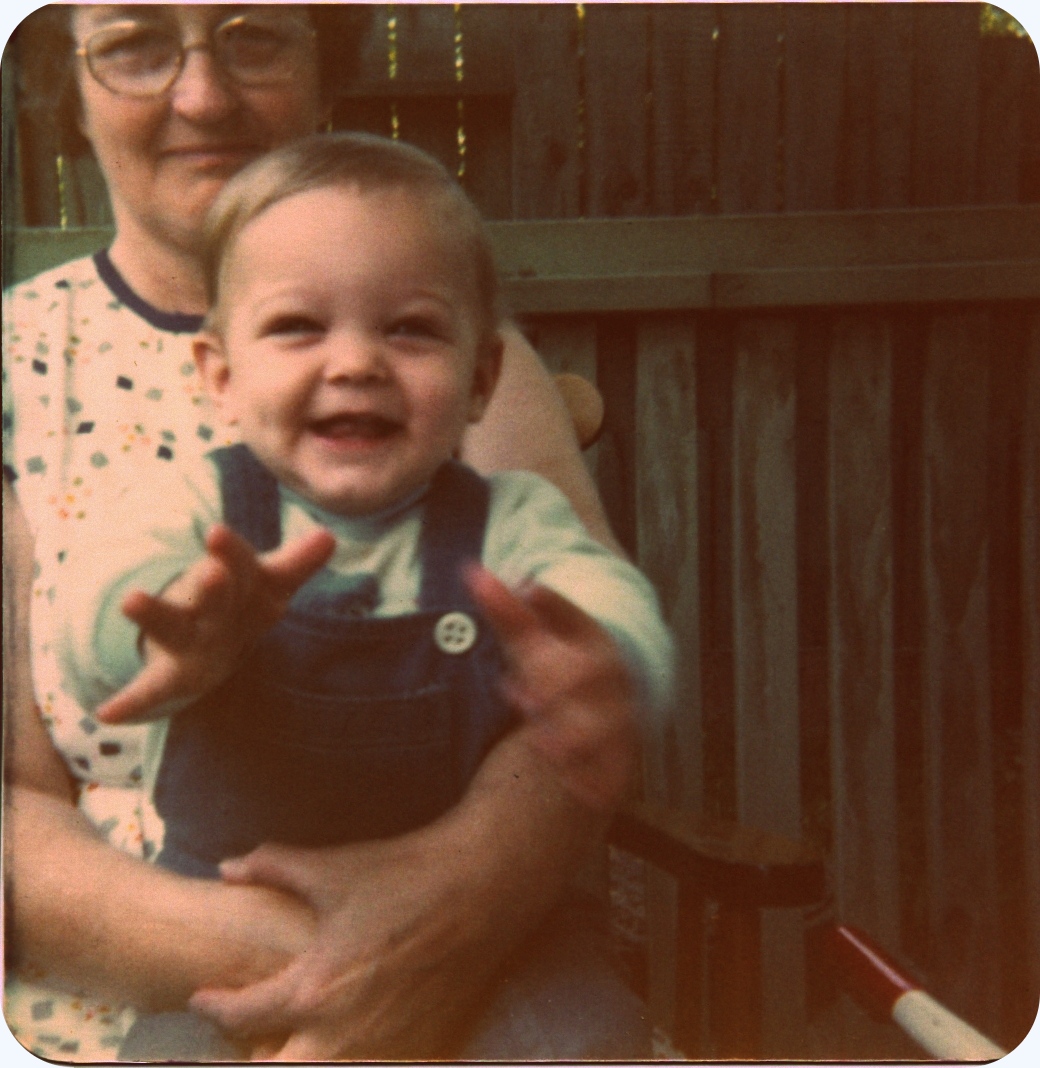



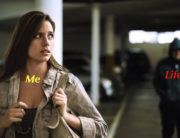
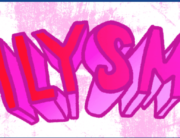
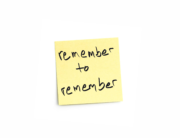






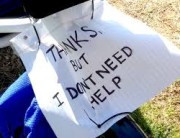
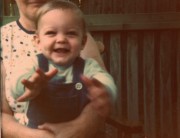
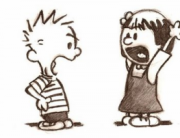

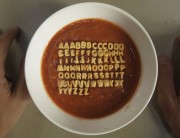



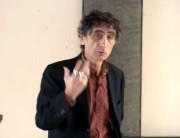







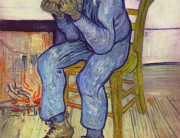






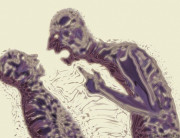
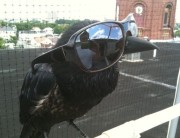


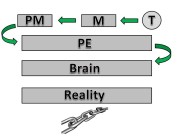





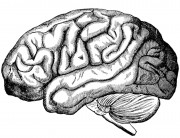
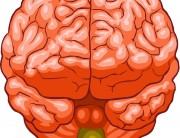
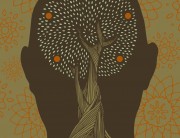

I have 7 stories that fall into the ‘You did what!?’ category. Heaven help us to forgive ourselves.